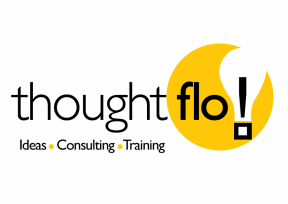Digital advertising turned 25 this week. Doesn’t seem very old given Google and Facebook were not even born in 1994. But that rainbow-hued clunky ad “Have you ever clicked your mouse here? You will” was arguably the harbinger of massive change for the advertising industry.
I recently came across an article on this where seasoned ad industry practitioners reminisced about what they were thinking then and how they feel about it now. It certainly made for interesting reading.
I was left with the thought that, despite that much touted idea of ‘personalisation at scale’, how much of digital advertising has been about the adtech and how little about the consumer of that adtech.
I recently came across an article on this where seasoned ad industry practitioners reminisced about what they were thinking then and how they feel about it now. It certainly made for interesting reading.
I was left with the thought that, despite that much touted idea of ‘personalisation at scale’, how much of digital advertising has been about the adtech and how little about the consumer of that adtech.
What began as playing to our curiosity those 25 years ago snowballed into rich media popups, clickbait and fraudulent links designed to trick, not treat…
Technology now allows us to target based on behaviour instantly via algorithms; rather than go through that tedious process of understanding mindset and context. So, we get ‘funeral services ads on motorcycle blogs’ and ads that coincide with phone conversations - creepy!
This is equally true of marketers as consumers. An article from the always insightful Jerry Daykin makes a plea for agencies to “take a deep breath, inject some #DigitalSense and stop creating unnecessary confusion”.
Marketers today are constantly being told how things are hyper-complicated and changing at the speed of light. And when they look to do more with digital, they are given a veritable “Pandora’s Box of unnecessary complexity and terminology”.
Little wonder then that they turn to a defence mechanism of trying to understand the details of DSPs, DMPs and the world of adtech rather than focus on how it can help them and fit into that fundamental objective of getting powerful messaging about their brands to a big enough audience.
Maybe its time for digital marketers to not get seduced by the digital and focus on the marketing.


